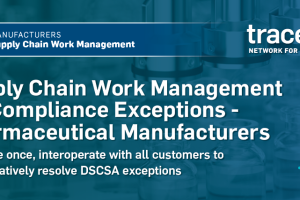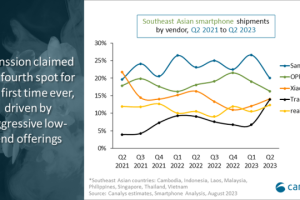Believes, Dr Praveen Venkatagiri, Consultant Neonatologist, Ovum Hospital, CMH Hospital and Head of NCRI Neonatal Network. Dr Venkatagiri, in an interaction with Ekta Sriavstava, Health Technology, talks about the importance of Neonatal Care and the role of Ovum Hospital in providing quality healthcare
What is the concept underlying Ovum Hospital Pvt Ltd? Any model that you emulate?
Maternal and Child health care is an important element in the health care. For many years maternity hospitals have been serving patients. Recently more corporates are focusing on maternal care as a single specialty hospital. This has improved the quality of care provided to the patient. However, the cost is very high.
Ovum wants to bridge the gap between quality and affordability. Ovum has improved the quality of care compared to the general nursing homes in the peripheral part of Bangalore by ensuring 24/7 availability of doctors, trained nurses and high quality equipment. However, Ovum has reduced the cost to the patients compared to the other corporate hospitals by focusing more on “Medical care” rather than luxury.
Ovum focuses on protocols and guidelines to ensure highest quality of care is given to the patients
What are the centers of excellence at your hospital? Your opinion about the emergence and growth of single specialty hospitals?
High risk newborn care (NICU) – We have, over the last 2 years, taken care of premature infants as small as 500 gms at birth and born at 23 weeks of pregnancy (Normal is 37 to 40 weeks). We have developed teams who work relentlessly to save the most vulnerable infants.
Fertility treatment – IVF treatments – In the field of IVF, we bring international expertise and transparency. We believe that couples go through emotional, social and financial stress to conceive and we provide trust and best practices to ensure high rate of success.
Health problems could be segregated as General, single specialty and multispecialty hospitals. Single specialty hospitals would reduce the unnecessary exposure of the patients to various illnesses which would happen at multispecialty hospitals. Doctors and Nurses at single specialty hospitals would be more trained and the care would be better. Majority of cases could be managed in single specialty hospitals. However, about 5 % of cases would need other specialists’ inputs and hence need multispecialty care.
What are the technological advancements your hospital has introduced lately in different verticals? Your core strengths?
- We use incubators and ventilators which are capable of handling all the medical conditions faced by extremely premature infants
- We have special transport incubator facility to ensure safe transfer of newborns from distant places
- We have the facility to do total body cooling treatment for newborn infants who have suffered brain damage
- We are developing certain latest technologies in association with certain companies to get better monitoring and results for the newborn infants
- We follow best proven practices advocated by international professional bodies like delayed cord clamping, Kangaro Mother Care and best perinatal medical interventions
- Our core strengths are
- Excellence in newborn care
- Constant training and updating of teams of doctors and nurses to ensure highest quality of care is given to the patient
What specific skills are needed for working in NICU?
Neonatal Intensive care requires significant amount of hard work as these newborns are very vulnerable and can deteriorate any time. As they do not express themselves constant monitoring is required and we try to emulate the care given by the mother in her womb.
To ensure efficient care, there is a need for years of experience in handling these small infants.
Team work is essential as health care requires team work. Unless team functions effectively the outcomes will be poor. Doctors and nurses have to support each other by understanding each others strengths and weaknesses. Coordination during emergency is the key
What are your expectations from the new government? Will it transform the healthcare sector?
India’s GDP is improving steadily. But, in some parts of the country nearly 40 out of 1000 newborns are dying before they reach 1 month of age. Neonatal intensive care is cost intensive because of the requirement of high technology equipment and trained people.
Governments across the states have spent significant amounts of money on the equipment but key remains in lack of teams to ensure delivery of care. There has always been resistance in taking up private partnerships in healthcare. I hope the new government will understand the importance of structured frame work that the corporates could bring in along with regular training which will benefit the health care workers. We hope that they will start partnering more with private corporations in ensuring high quality of care to the patients
How is the flow of international patients and how good is medical tourism at Ovum Hospital? Your suggestion to make India a healthcare destination?
Maternity and Neonatal fields are not elective treatments and hence patients would not have time to choose the place. Hence international tourism will be minimal. However, IVF is starting to attract patients from the Middle East and Mauritius.




























